2025
Comparably’s Best Company Outlook
* Providing engineering services in these locations through SWCA Environmental Consulting & Engineering, Inc., an affiliate of SWCA.

From the experts we hire, to the clients we partner with, our greatest opportunity for success lies in our ability to bring the best team together for every project.
That’s why:
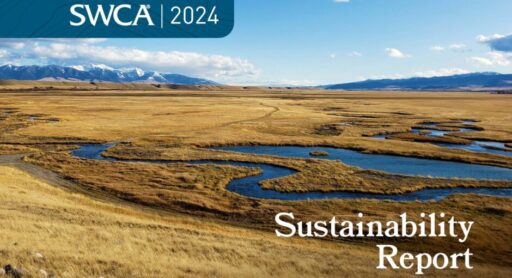
At SWCA, sustainability means balancing humanity’s social, economic, and environmental needs to provide a healthy planet for future generations.
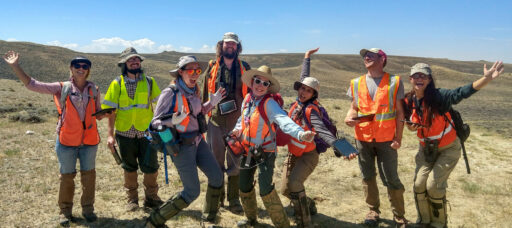
SWCA employs smart, talented, problem-solvers dedicated to our purpose of preserving natural and cultural resources for tomorrow while enabling projects that benefit people today.

At SWCA, you’re not just an employee. You’re an owner. Everyone you work with has a stake in your success, so your hard work pays off – for the clients, for the company, and for your retirement goals.
North Carolina Resilient Coastal Communities Program
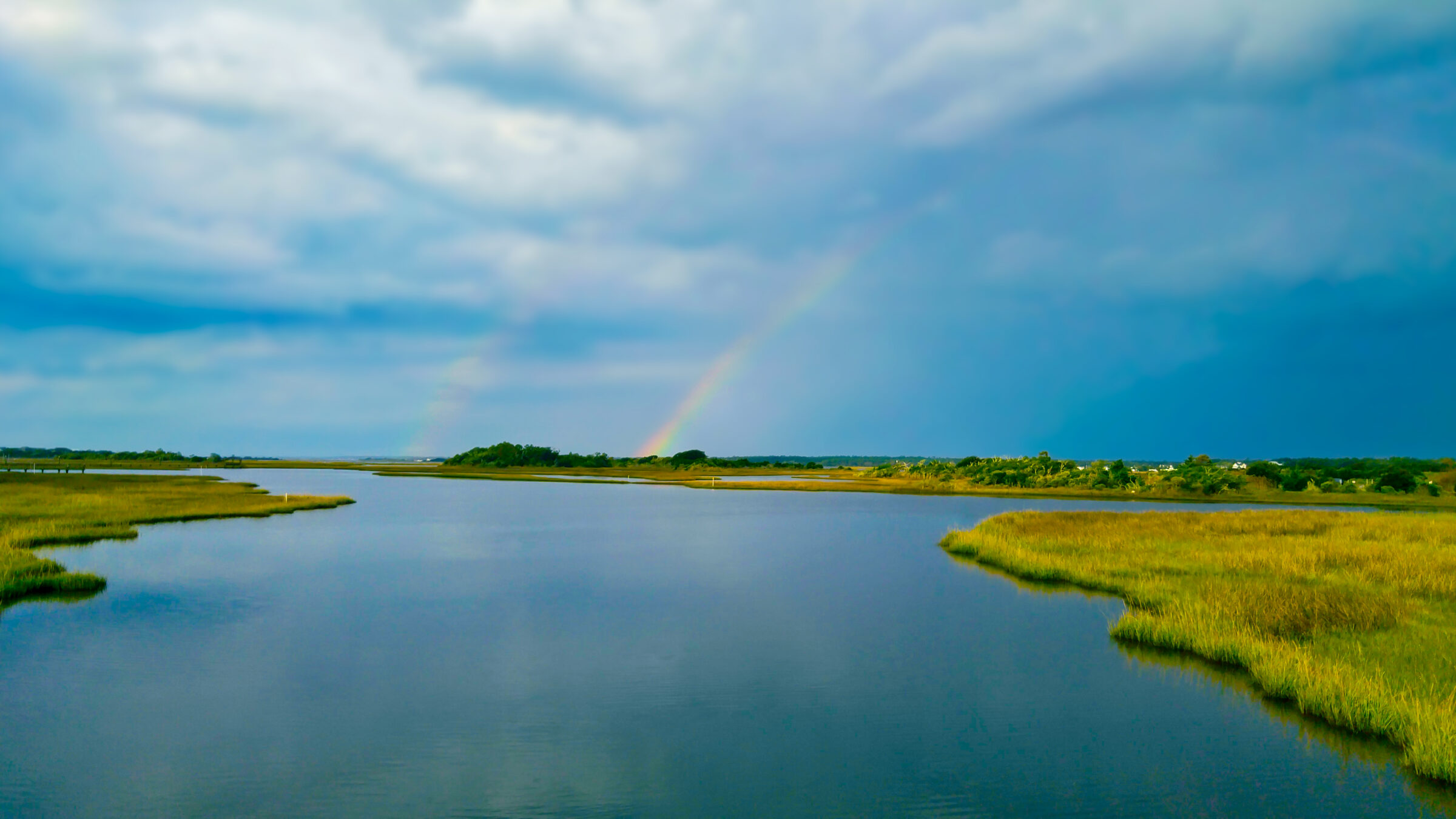
Under the North Carolina Division of Coastal Management’s Resilient Coastal Communities Program, SWCA provided coastal resiliency planning technical assistance to six counties and municipalities.

For questions or further information, please fill out the form below.

Under the North Carolina Division of Coastal Management’s Resilient Coastal Communities Program, SWCA provided coastal resiliency planning technical assistance to six counties and municipalities in eastern North Carolina. In cooperation with Community Action Teams (CATs) in each community, SWCA conducted a risk and vulnerability assessment, community engagement, and project identification and prioritization. This included synthesizing information regarding all local coastal hazards (e.g., riverine flooding, rainfall-induced inland flooding, storm surge, and sea level rise), facilitating two rounds of public meetings and monthly CAT meetings, and helping CATs agree on a list of high-priority projects to pursue. The final product of this process was a resilience strategy document for each community that included the results of the risk and vulnerability assessment and a prioritized resilience project portfolio, including nature-based solutions.
Shaped by rivers, sounds, and the Atlantic Ocean, the coastal regions of North Carolina offer thousands of miles of scenic waterfront. Yet, due to the increasing impacts of climate change, these very waterways threaten the livelihood of a coastline dotted with historic towns and millions of residents. Coastal communities are facing intensifying storms, rising sea levels, and high flood risk.
North Carolina launched its N.C. Resilient Coastal Communities Program (RCCP) in 2021 as a framework for counties and municipalities to prepare for coastal hazards through technical and financial support. The program equips local governments with the tools necessary to set goals, assess vulnerabilities, prioritize projects, and apply for funding.
Twenty-six communities participated in the first phase of the program and were provided technical assistance and grant process guidance. Since the start of the program, the North Carolina Division of Coastal Management has paired SWCA with six communities in the Northeastern part of the state: Washington County, the town of Creswell, Bertie County, the town of Windsor, Hertford County, and the town of Hertford.

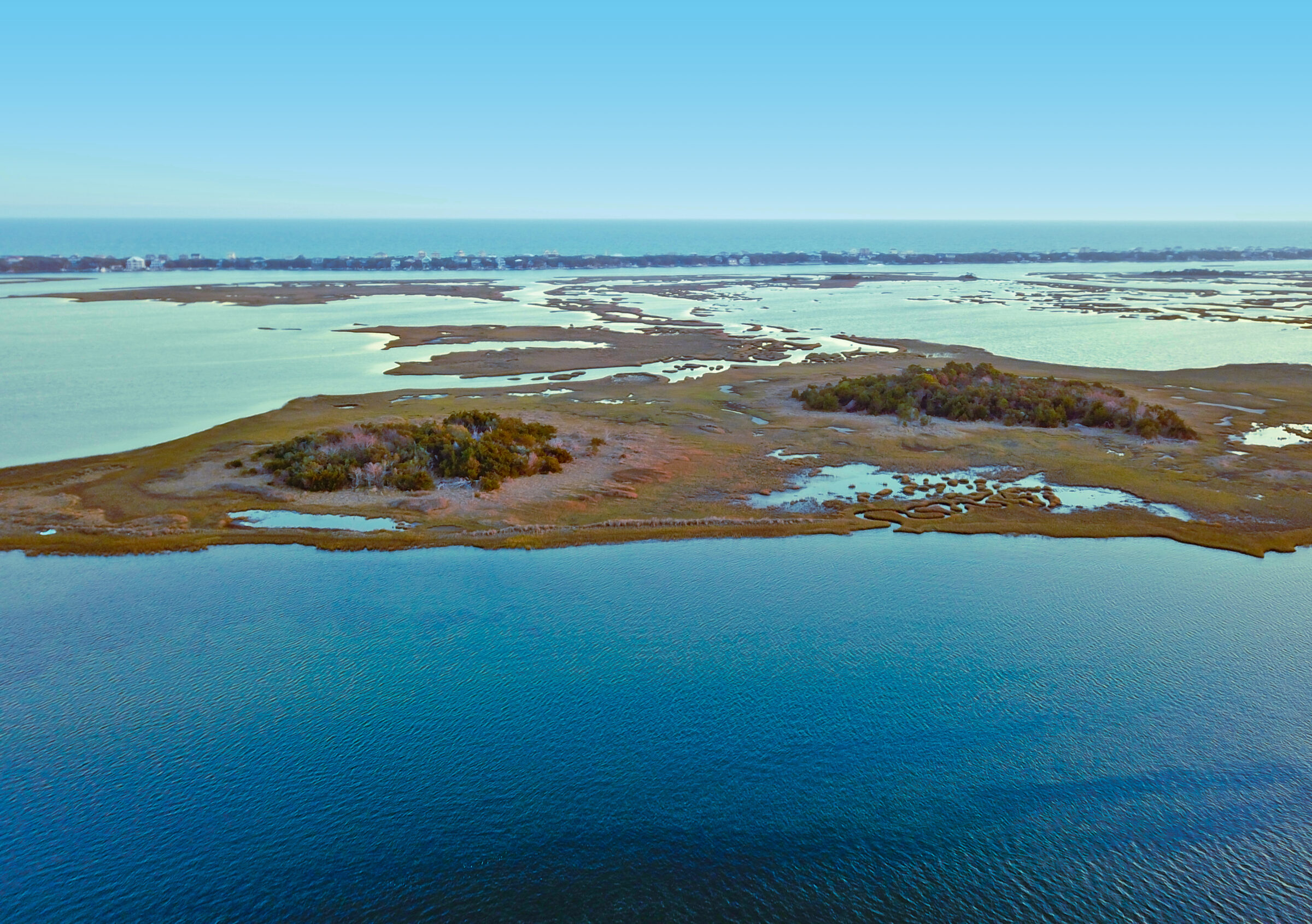
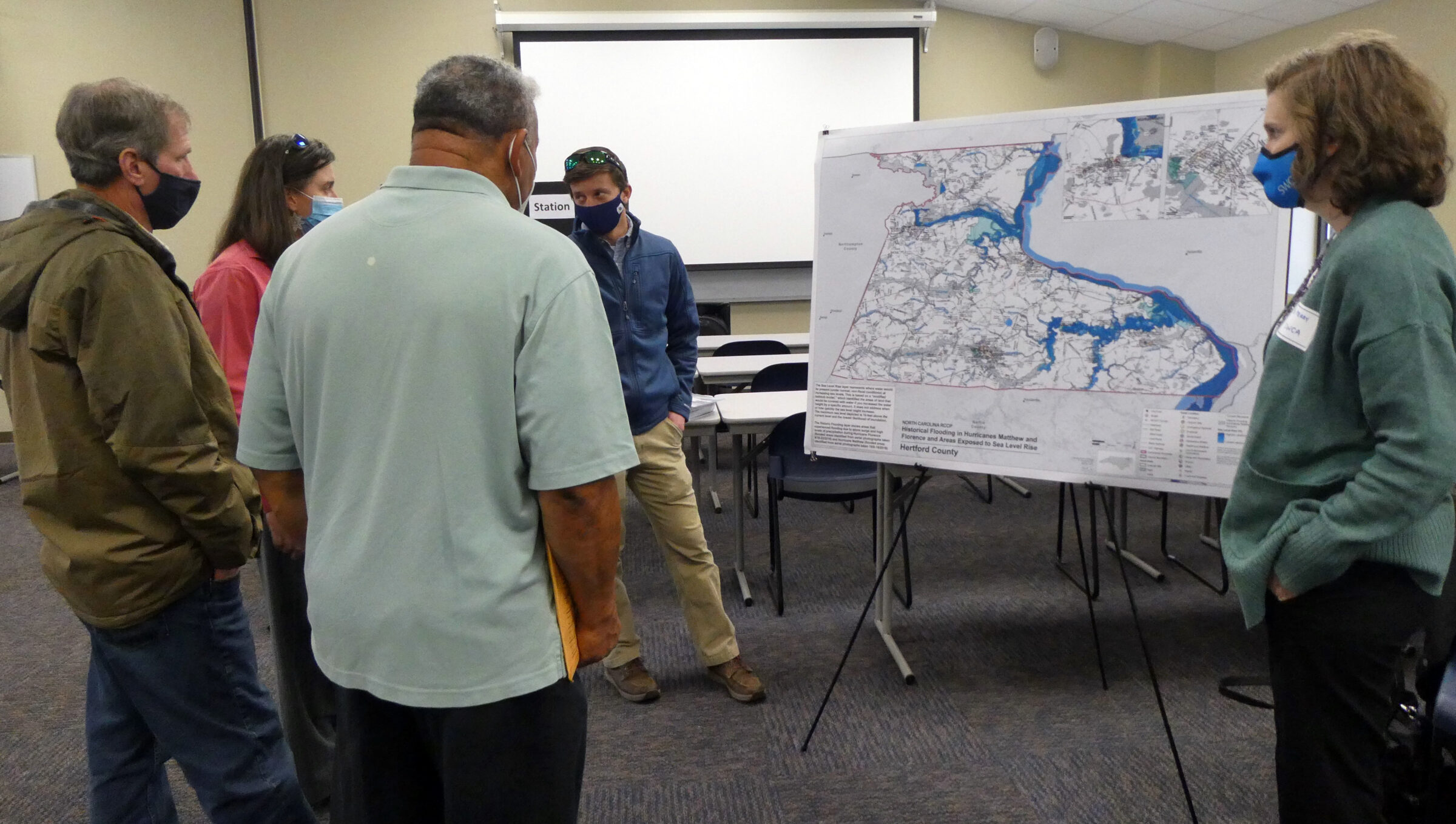
Meg Perry is an experienced facilitator and stakeholder engagement specialist who specializes in water resources and resilience planning. She is trained in multi-party environmental conflict resolution and consensus building and has facilitated over 400 virtual and in-person meetings in the last five years. Meg’s experience with complex planning and stakeholder engagement processes in 17 states includes coastal resilience planning, statewide hazard mitigation planning, and collaborative water management with state and local agencies, U.S. Army Corps of Engineers, and the Bureau of Reclamation. In addition to facilitation expertise, Meg has graduate-level training in hydrology, river processes, ecological resilience, and decision science.
